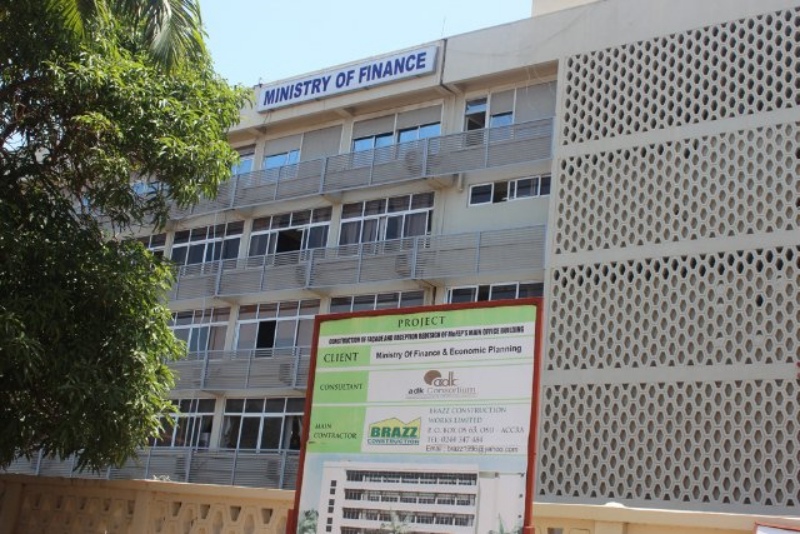Olam Agri is a leading agri-food company in Ghana and is today, a very important economic player in the food and commodity sector of the country’s economy. Established in Ghana in 1994, Olam Agri’s corporate footprint over the years has been steadily punctuated with industry accomplishments and has attracted an enviable string of local and international recognitions and acknowledgements.
At the helm of affairs at Olam Agri is Mr. Amit Agrawal, President and Regional Head in Ghana and Cameroon and we are privileged to discuss with him today, the company’s remarkable journey in Ghana and the exciting plans for the future. With such a perceptible presence in the country over three decades, Olam Agri has significantly contributed to local employment and the development of the agricultural sector.
Question: Mr. Agrawal, Olam Agri has been in Ghana for three decades now. As we retrace your company’s footprints over the past 30 years, what would you pinpoint as the major signposts in your Ghana operations…..And, if you may, what insights can you share about the company’s contribution to the country’s socio-economic sector?
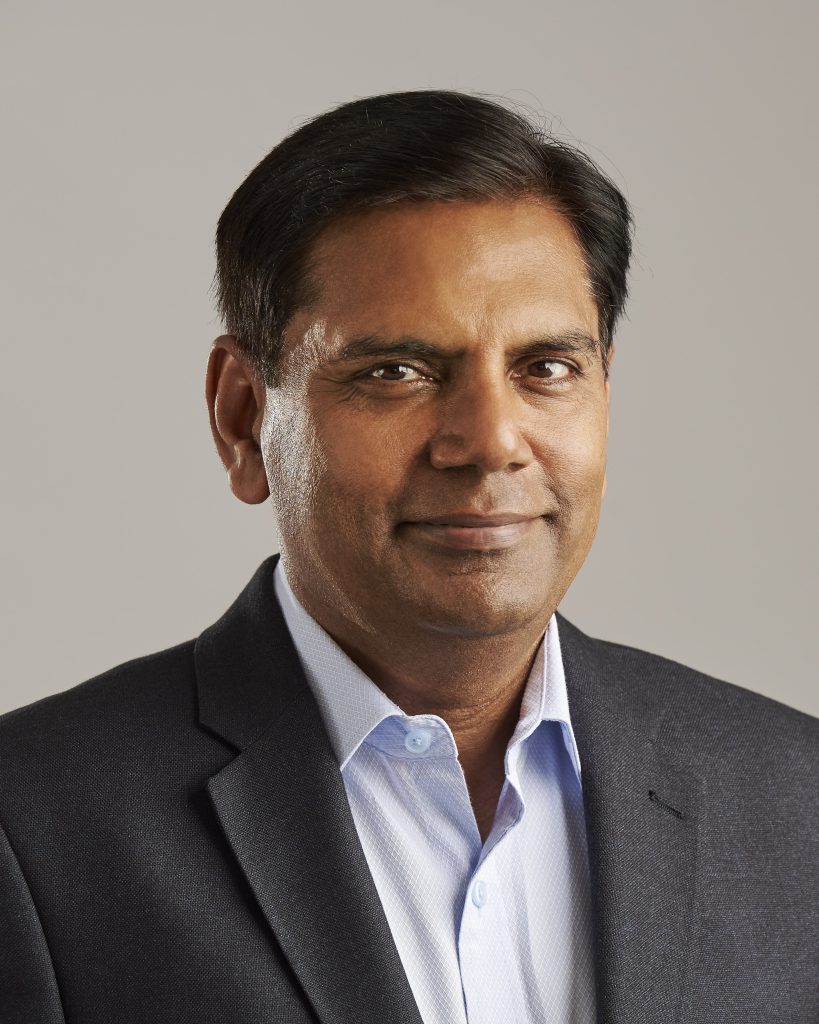
Response: Our operations in Ghana first began in 1994, and since then, we have grown steadily with the country and alongside its food and agribusiness sectors. Our commitment to sustainable practices and strong relationships with local farmers have been instrumental in not only driving agricultural development but also our portfolio in the country.
For almost three decades, we have gained invaluable insights into unlocking value for our customers and contributing significantly to enhancing food security in the country. Our unwavering commitment to a food-secure future is evident in all our endeavours.
We’ve played a pivotal role in rice cultivation, contributing to Ghana’s food security by expanding local paddy rice production. Our involvement in the rice sector has not only made strides towards self-sufficiency but also translated into the development of local rice consumption by establishing rice grown in Ghana for Ghanaian consumers.
Our flour business maintains a prominent position in the market, thanks to our expertise and commitment to delivering top-quality flour products, earning trust from both customers and partners. To sustain and grow this esteemed position, we employ a multifaceted strategy. This approach involves ongoing enhancements in our production processes, ensuring consistent product quality and reliability. We also invest in cutting-edge technologies to improve operational efficiency and meet increasing demand. Additionally, we forge strategic partnerships with local farmers, millers, and suppliers to secure a sustainable supply chain.
Beyond unlocking value for our customers and contributions to the agri-sector, we strongly believe in harnessing local talent and living opportunities across our business for people to unlock their potential. Therefore, we are delighted to share that nearly 95% of our employees are Ghanaian nationals.
Question: That’s impressive. Can you elaborate more on Olam Agri’s investment in flour milling in Ghana and its significance for the local food processing industry?
Response: Our investment in flour milling has been a strategic move to grow and diversify our operations. By establishing state-of-the-art flour mills in Ghana, we are not only producing high-quality flour for domestic consumption but also contributing to the growth of the baking industry. This investment aligns with the government’s efforts to promote agro-processing and create jobs in the manufacturing sector.
We go further to enrich lives and engage with our customers with two popular engagement programmes to foster valuable connections. The first is the “Grains of Friendship Initiative,” which allows us to interact with our bakers continuously. Through this initiative, we share education and insights into our production process, quality control, and best baking practices.
Another important initiative was the “My Healthy Baker” programme which focuses on enhancing bakers’ well-being and ensuring food safety in our communities. Bakers access free screening and education on good hygiene practices to maintain optimal food safety standards in their bakeries. Furthermore, in collaboration with local safety authorities, we have assisted bakers to complete the screening and obtain food handling certificates.
These programmes foster inclusivity with the baking communities while helping them feel like integral members of our business.
We are actively working to meet the increasing demand for flour and are currently assessing the expansion of our production capacity. This expansion would ensure a steady and reliable supply of this essential consumer staple. Looking ahead, we’re exploring avenues to diversify our product portfolio, entering the pasta and processed foods markets with detailed plans for product innovation and expansion.
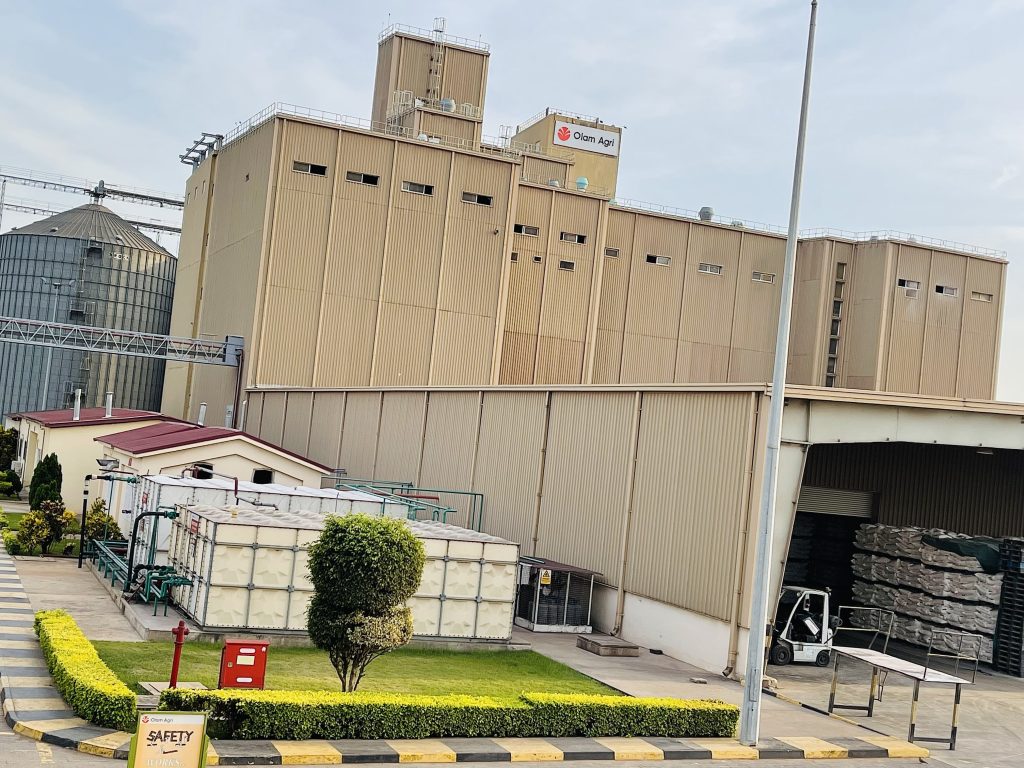
Question: It’s clear that Olam Agri is committed to Ghana’s agricultural and manufacturing sectors. Can you tell us about your plans to expand your portfolio to potentially include other processed staples?
Response: Absolutely. Our commitment to delivering added value doesn’t stop at flour milling and rice. Our grains business operates a cutting-edge wheat milling facility, producing high-quality flour and feed to serve the needs of multiple countries in the sub-region. With a strong presence in Ghana, Burkina Faso, and Niger, we are dedicated to meeting the increasing demand for wheat-based products locally and abroad. Some of our most well-known flour brands include First Choice, Royal Gold, Adepa, and Vital.
We’re proud to be the first company to introduce a fortified rice brand to the Ghanaian market. This offers consumers rice products that are enriched with essential vitamins and minerals that can help combat prevalent nutrient deficiencies, particularly among vulnerable populations. Our dedication to offering nutritious food options is evident in our innovative approach to addressing the needs of the population by introducing high-quality products and promoting positive health benefits and societal outcomes.
We are in the early stages of exploring new opportunities, but we see great potential in pasta processing and expanding our portfolio to include other processed staple foods. Ghana has a rich agricultural heritage, and we aim to leverage this by introducing a range of products that cater to local tastes while meeting international standards of quality and food safety.
Olam Agri is strategically positioned and has the expertise to play a vital role in strengthening Ghana’s food security through increased investment.
Question: Olam Agri has been involved in local rice production for quite some years. Could you share more about any upcoming plans or strategies for expanding your investment in paddy rice production in Ghana?
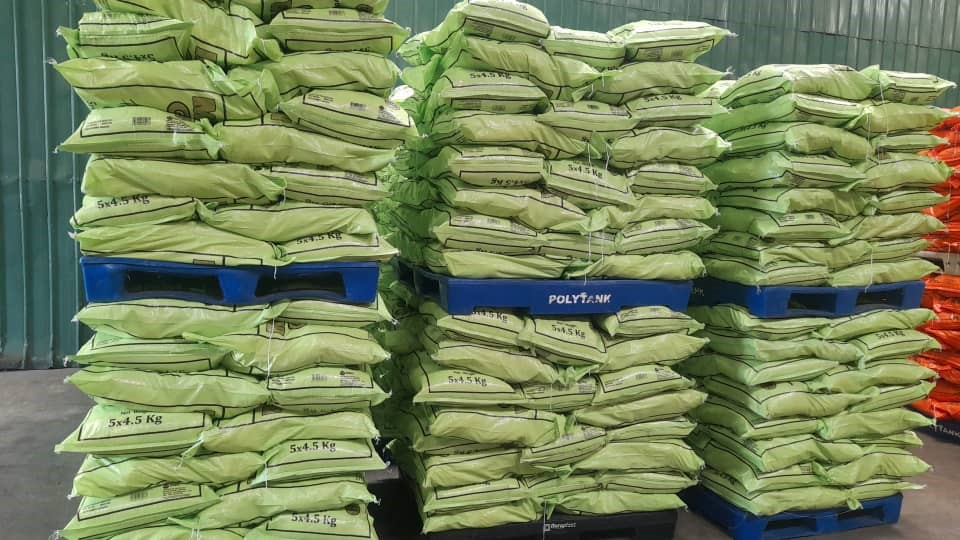
Response: We are committed to expanding our local investment in paddy rice production in Ghana. Our strategy involves several key initiatives. First, we plan to increase our support for local rice farmers by providing them access to modern agricultural techniques, high-quality seeds, and training programmes. This will boost their yields and improve the overall quality of locally produced rice.
By linking these farmers to millers, we aim to enhance go-to-market efficiency and reduce post-harvest losses, strengthening the rice value chain and creating a more sustainable and profitable environment for both farmers and consumers.
Furthermore, our commitment to sustainability drives us to promote responsible farming practices that protect the environment and support the livelihoods of smallholder farmers.
Question: How do you envision Olam Agri’s role in the continued growth of Ghana’s agricultural sector in the years to come?
Response: Our vision for the future is deeply intertwined with Ghana’s agricultural growth. We will continue to work closely with local farmers, providing them with knowledge, inputs, and market access. We aim to enhance their livelihoods and contribute to the sustainable development of the agricultural sector.
Additionally, we will keep investing in modernising our facilities and expanding our product range to meet the evolving needs of Ghanaian consumers. We’re committed to being a reliable partner to the government and the people of Ghana in achieving food security, job creation, and economic growth.
Question: Your commitment to employing 95% Ghanaians in Olam Agri’s operations is admirable. Can you share some insights into the strategies and initiatives you’ve implemented to develop local talent and ensure such a high percentage of the workforce comes from Ghana?
Response: We’re dedicated to employing and developing local talent. We strongly believe in harnessing the talent and capabilities of our employees in Ghana. Developing our employees and giving people the opportunities to realise their potential has always been a core part of Olam Agri’s strategy and our commitment to being a responsible corporate citizen in Ghana.
To achieve this, we’ve implemented several strategies and initiatives: skills development programmes, mentorship and career progression, fair employment practices, community engagement, and commitment to local sourcing. In essence, our goal is to employ Ghanaians and empower them to become leaders in their respective fields. We see our local workforce as the backbone of our operations, and the dedication and expertise of our employees are pivotal to our continued success in Ghana.
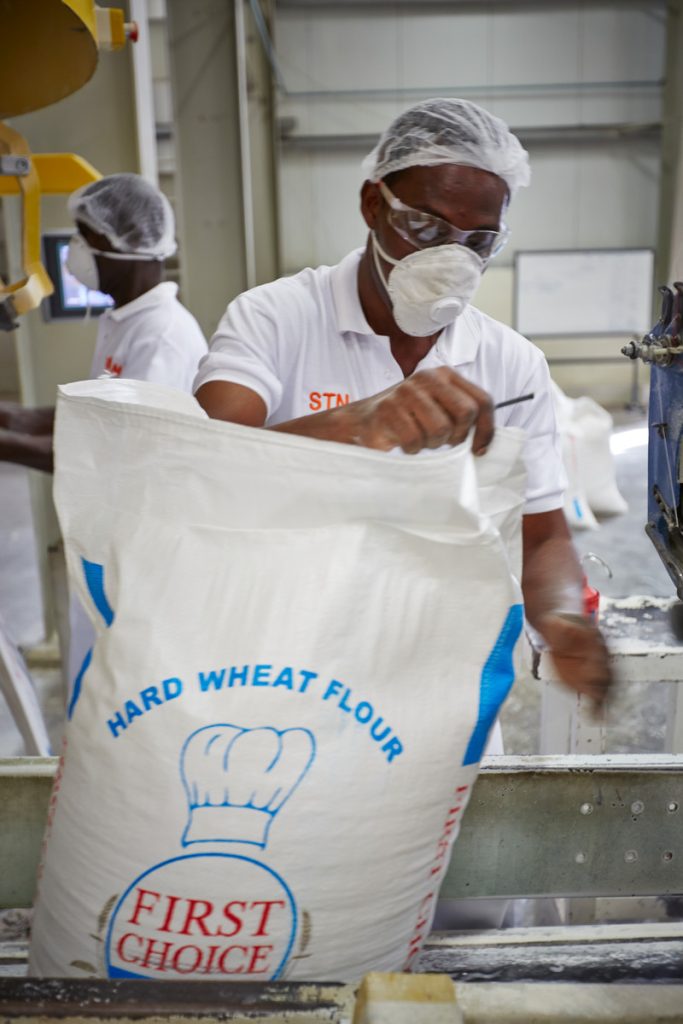
Question: Finally, how does Olam Agri’s commitment to diligent tax compliance and collaboration with government authorities contribute to Ghana’s economic growth and overall well-being?
Response: Olam Agri takes its commitment to corporate responsibility seriously. We continue to adopt a conscientious and diligent approach to fulfill our tax obligations and we are proud that we can actively support Ghana’s economic development.
We maintain strong partnerships with government authorities, emphasizing efficiency and practical cooperation in all our interactions. This collaborative approach ensures that we meet our fiscal responsibilities and actively participate in promoting economic growth, social progress, and sustainable development in Ghana. Ultimately, we want to ensure our efforts continue to contribute to the country’s overall well-being and prosperity.
Interviewer: Thank you, Mr. Agrawal, for sharing these insights into Olam Agri’s journey in Ghana 30 years on and your exciting plans for the future. The company is not only contributing to the country’s agricultural sector but also creating opportunities for its people.
Response: You are most welcome. It’s been a pleasure to discuss our work in Ghana for the past 30 years and counting. We’re here for the long haul, and we look forward to continuing our partnership with the nation as we grow together. Thank you for having me.






